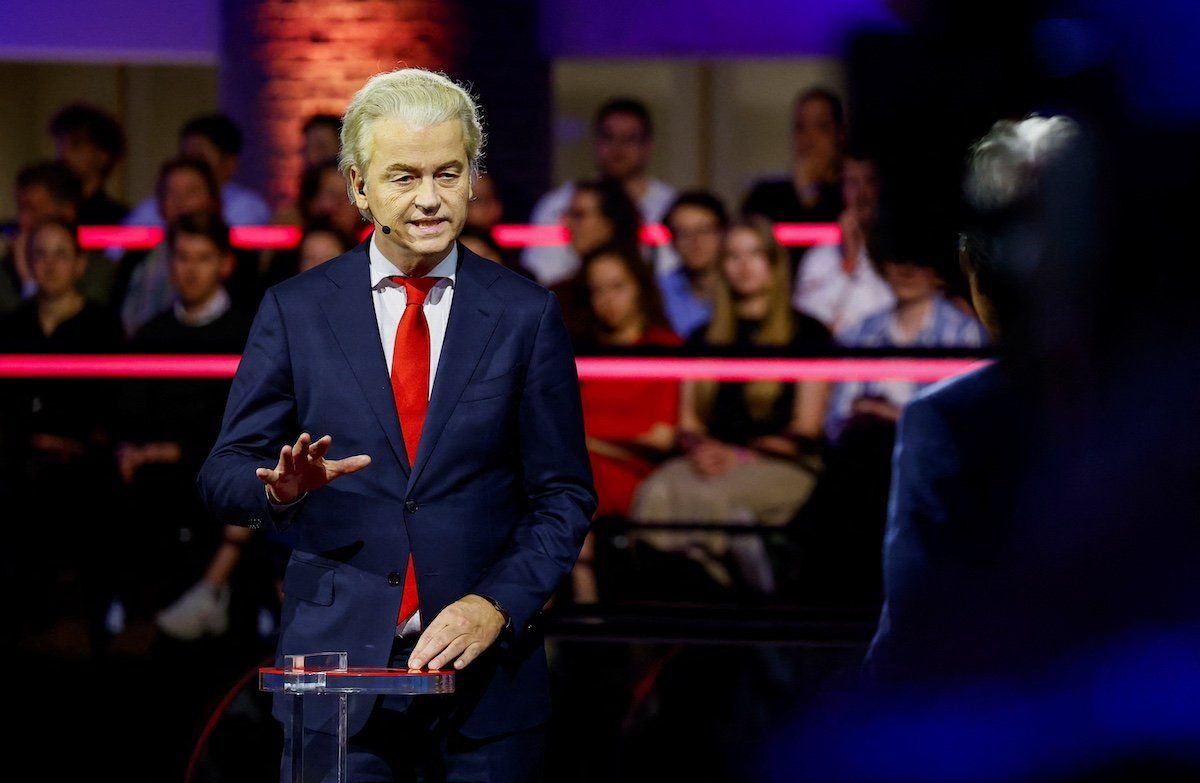The Dutch head to the polls tomorrow to elect their first new prime minister in over a decade. The election has centered on immigration, living standards, climate change, and how conservative the next government will be.
The election was called after outgoing Prime Minister Mark Rutte’s center-right government imploded over how to reduce the flow of migrants to the Netherlands – a polarizing issue collapsing centrist coalitions across Europe.
A majority of voters support right-leaning parties. Geert Wilders of the Freedom Party, or PVV, made last-minute gains to take a lead the polls. Wilders has built his career on barring Muslim asylum-seekers from the Netherlands, and his rhetoric has gained traction since the start of the Israel-Hamas war. Dilan Yeşilgöz-Zegerius – another frontrunner from the current PM’s party – is also running on reducing immigration in order to limit the war’s security risks to European countries.
The results are still too close to call. As of this week, 63% of voters remained undecided. Left-wing parties are urging their supporters to strategically vote centrist to block a PVV-led government. Accordingly, Wilders moderated his stances in the last debate, which may have contributed to his last-minute gains.
But the real fun starts after the votes are counted: None of the candidates are expected to get more than 20% of the vote, so the parties must decide what compromises they are willing to make to form a government.
If a hard right coalition is formed, they would seek to radically restrict immigration. A centrist government would follow through on the previous government's plans to increase social spending and renewable energy. A left-wing coalition, meanwhile, would raise taxes on the wealthy and supercharge the adoption of the EU’s green deal that its likely leader, Frans Timmermans, spearheaded as EU climate commissioner.